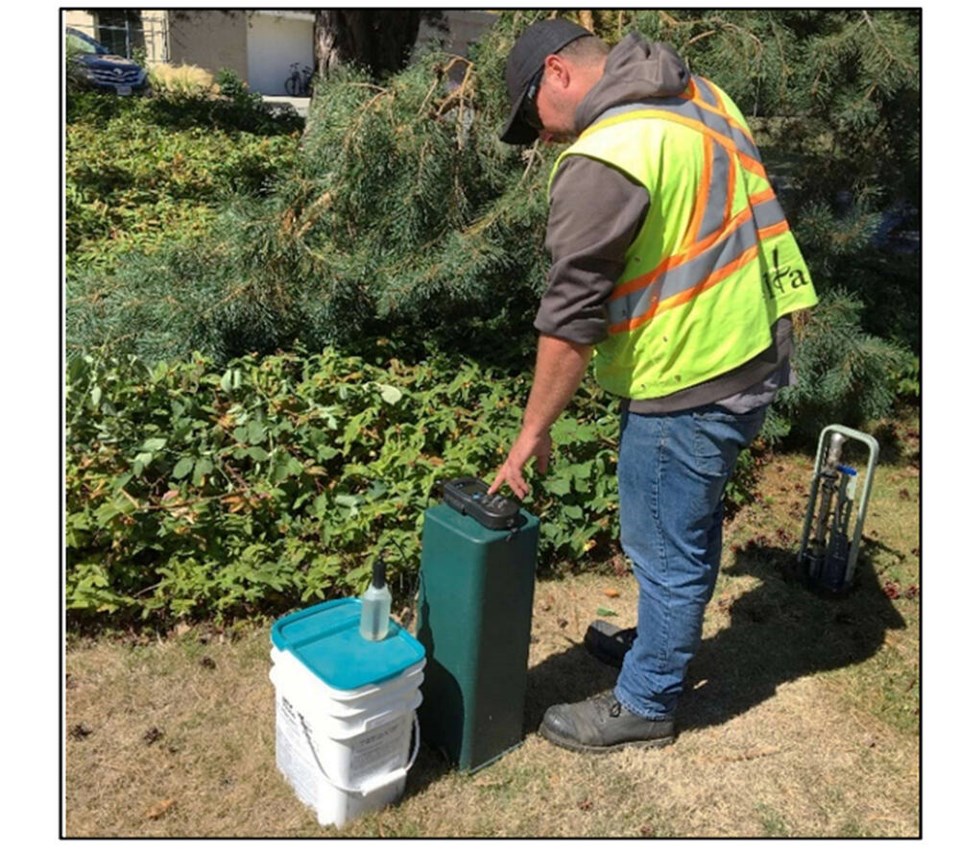Delta’s drinking water supply once again gets a passing grade.
A staff report to council notes that, in 2022, Delta provided drinking water in compliance with the BC Drinking Water Protection Act and the BC Drinking Water Protection Regulation.
Staff last year conducted approximately 1,324 water sample tests from the city’s drinking water distribution system, which were obtained from 34 sampling stations distributed throughout Delta. Samples were tested on-site for temperature, turbidity and chlorine residual, while an additional sample was sent to Metro Vancouver’s laboratory where it was tested for turbidity, chlorine residual, heterotrophic plate counts, total coliform bacteria and E.coli.
In addition, tests for metals, vinyl chloride and disinfection by-products were conducted at several sampling sites, while detailed physical and chemical analyses were performed on the artesian well water sourced from Watershed Park.
Based on the testing results from the program, Delta’s drinking water met the provincial requirement.
The report also notes that of the samples taken, none tested positive for E.coli., however, one tested positive for total coliforms. The city subsequently retested with a negative result, the report adds.
Meanwhile, there are currently approximately 76 km of asbestos cement (AC) pipe being used in the municipal water system, but the city does not test for asbestos in the drinking water.
Engineering director Steven Lan told the Optimist that the City of Delta operates the potable water system in compliance with applicable provincial and federal regulations, and follows Health Canada’s Guidelines for Canadian Drinking Water Quality.
Those guidelines advise that there is no evidence of adverse health effects from exposure to asbestos through drinking water and Health Canada has not adopted any guideline values.
When it comes to replacing pipes, Delta has an annual program to replace aging water infrastructure including AC pipe. Between 2017 and 2021, the city has replaced approximately 13 km of watermain, of which four km were AC pipe, noted Lan.
Delta’s water system services an area of approximately 18,100 hectares including North Delta, Tsawwassen, Ladner, Tilbury, Annacis Island, Deltaport, Boundary Bay Airport and the BC Ferry Terminal.



